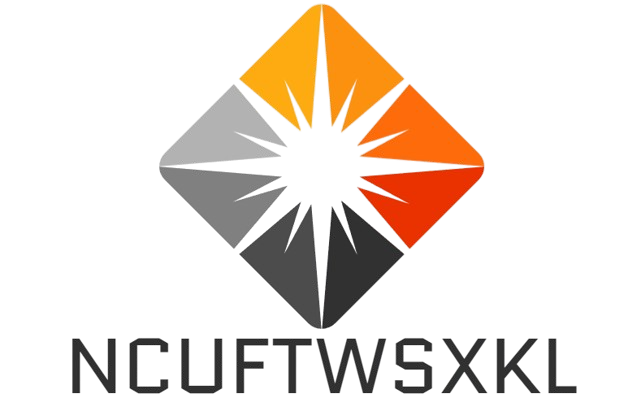Mortgages are a central aspect to home ownership, but few aspiring home owners put in the time to actually learn how they are able to save money. Use these tips and tools to get the best mortgage. Read to learn more.
Have at least 20 percent of the purchase price saved. Lenders will want to verify that you have not borrowed the money, so it is important that you save the money and show deposits into your checking or savings account. Down payments cannot be borrowed; thus it is important to show a paper trail of deposits.
Having the correct documentation is important before applying for a home mortgage. Before speaking to a lender, you’ll want to have bank statements, income tax returns and W-2s, and at least your last two paycheck stubs. If you can, prepare these documents in electronic format for easy and quick transmission to the lender.
Before you apply for a brand new mortgage, determine whether or not your home as decreased in value. Get an appraisal before refinancing your loan to ensure that you have enough equity to make the process worthwhile.
Never take out a new loan or use your credit cards while waiting for your home mortgage to be approved. This simple mistake has the potential of keeping you from getting your home loan approved. Make sacrifices, if need be, to avoid charging anything to your credit cards. Also, ensure each payment is received before the due date.
If you are a veteran of the U.S. Armed Forces, you may qualify for a VA morgtage loan. These loans are available to qualified veterens. The advantage of these loans is an easier approval process and a lower than average interest rate. The application process for these loans is not often complicated.
Really think about the amount of house that you can really afford. Banks will give you pre-approved home mortgages if you’d like, but there may be other considerations that the bank isn’t thinking of. Do you have future education needs? Are there upcoming travel expenses? Consider these when looking at your total mortgage.
When financing a house, giving a large down payment will result in a lower mortgage rate. This is due to the fact that a big down payment will reduce your loan to value ratio. When the loan to value ratio gets lower, the interest rates become more favorable for the home buyer.
After you’ve been approved for your home mortgage and are ready to move in, consider starting a home emergency fund right away. Being a homeowner means always being prepared for the unexpected, so having a stash of cash stored away is a very smart move. You don’t want to have to choose between paying your mortgage and fixing a hole in the roof down the road.
Look over you real estate settlement statement before signing any papers. Your mortgage broker is required by law to show how all the monies are dispersed at the closing. If the seller has agreed to pay for some of the closing costs, ensure that this is noted on the settlement statement.
Mortgage brokers look at your credit and like to see a few different cards with low balances and not a couple cards with high balances. Keep the balances under fifty percent of what you can charge. If it’s possible, shoot for below 30%.
Before you contact a mortgage lender to apply for a loan to buy a home, use one of the fast and easy mortgage calculators available online. You can enter your loan amount, the interest rate and the length of the loan. The calculator will figure the monthly payment that you can expect.
Before you apply for a mortgage, know what you can realistically afford in terms of monthly payments. Don’t assume any future rises in income; instead focus on what you can afford now. Also factor in homeowner’s insurance and any neighborhood association fees that might be applicable to your budget.
Boost your chances at of a lower mortgage rate by visiting your lender several months before submitting an application. Time is vital in the mortgage process.
Meeting with the lender months beforehand can help you fix issues like credit scores that could raise your rates. Usually when your offer is accepted, you will be quickly heading towards your closing date. This leaves little time to fix anything that could lower your rate.
If you have a little bit more money to put down on a home, consider getting a conventional mortgage as opposed to an FHA mortgage. FHA mortgages have lower down payments, but excessive fees that are added to the cost of the mortgage. Save up at least 5 percent in order to be eligible for an FHA loan.
Ask a lot of questions of the mortgage lender you plan to use. The lender should answer your questions clearly, without being vague. If a lender dodges your questions or refuses to give a straight answer, you know it’s time to look for a new home mortgage lender to work with.
If your downpayment is less than 20% of the sales price of the home you want to buy, expect the mortgage lender to require mortgage insurance. This insurance protects the lender in the event that you can’t pay your mortgage payments. Avoid mortgage insurance premiums by making a downpayment of at least 20%.
The internet is a great place to check into mortgage financing. Mortgages used to only be available at physical locations, but this is not true anymore. Some respected lenders only do business online, now. This has many advantages which include being able to make loans across many states and the ability to get the loan approved much faster.
Mortgages are what make it possible for you to own your own home. Now that you know so much about them, you should be able to figure out ways to make yours better. Applying for a mortgage is the best way to finance a home and finally become a homeowner.



